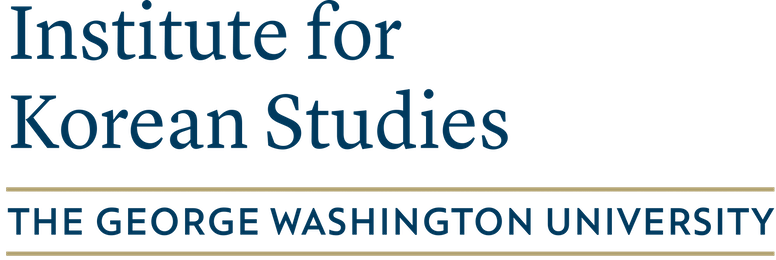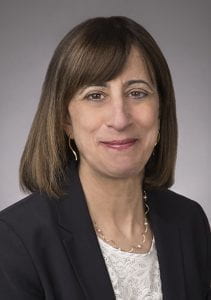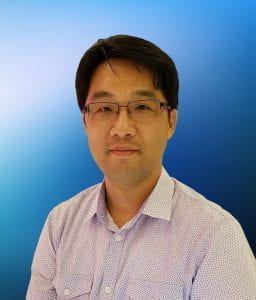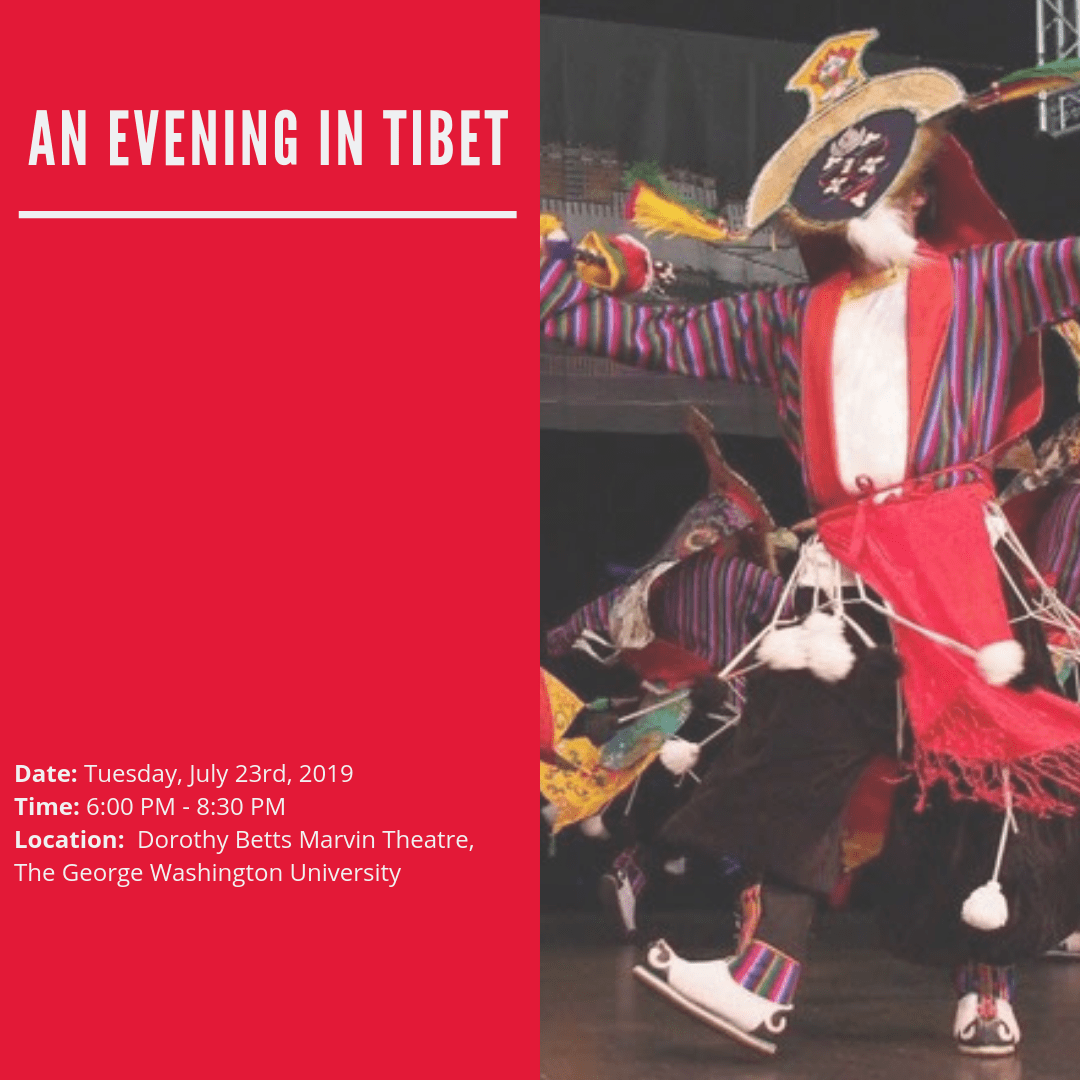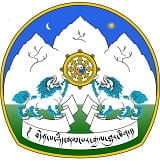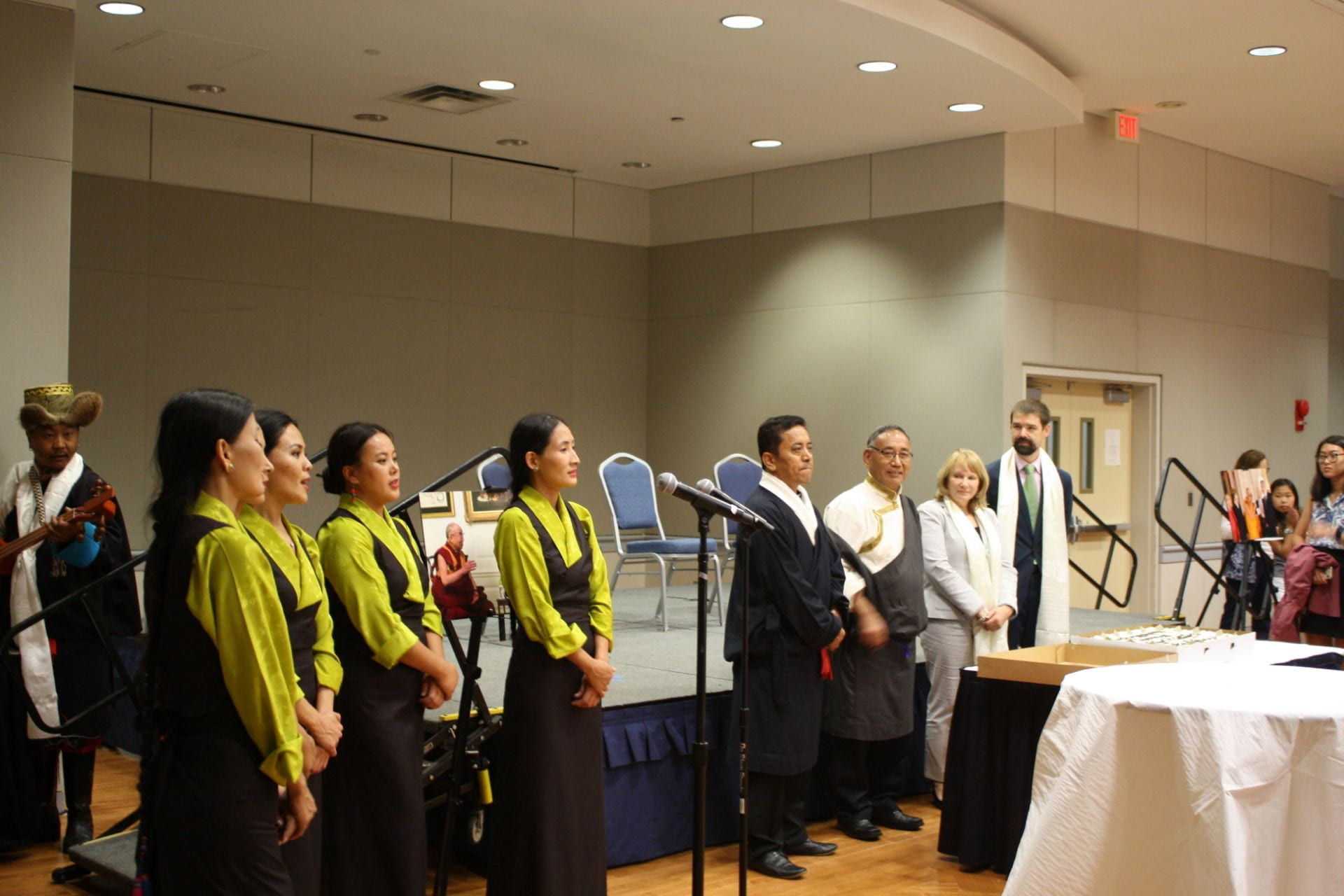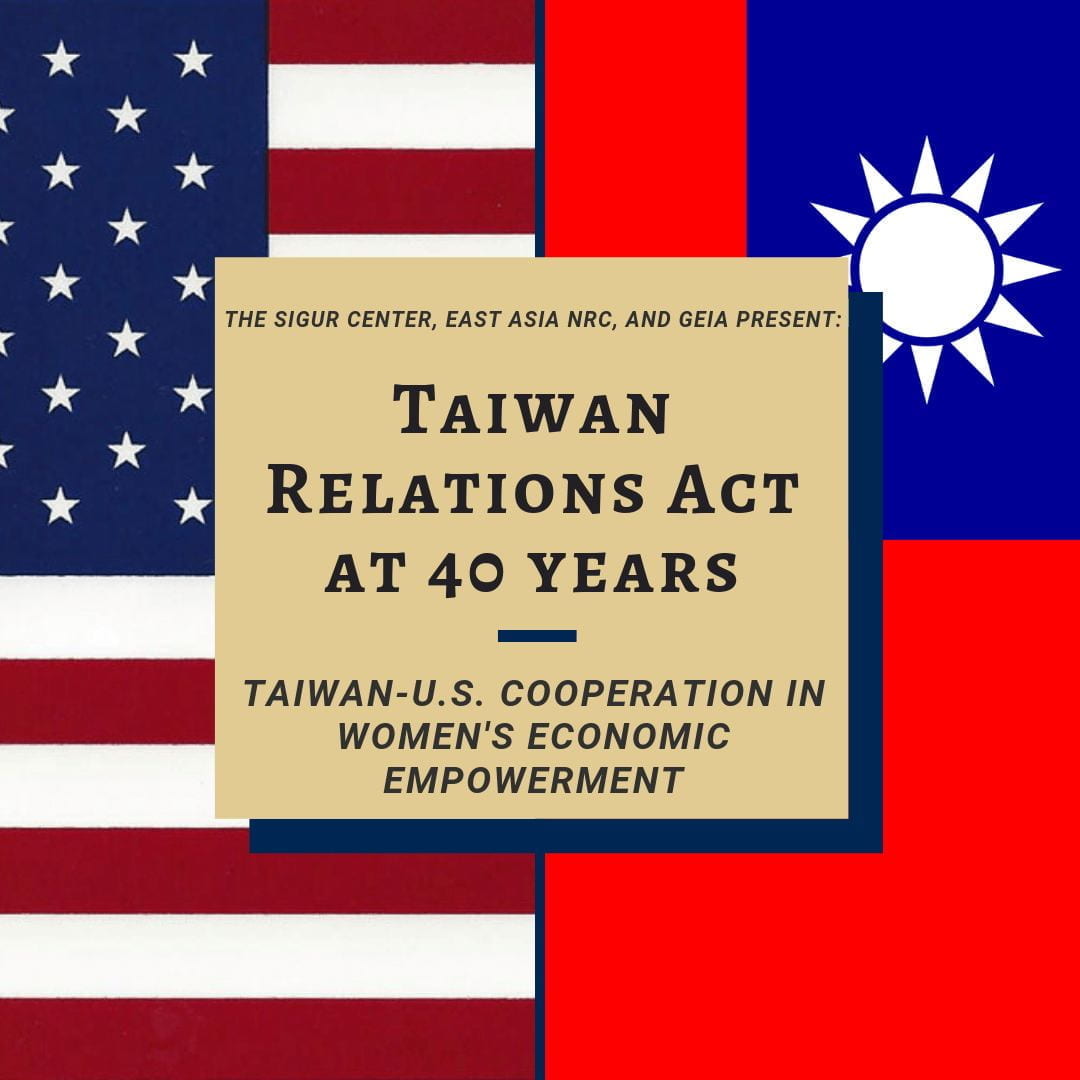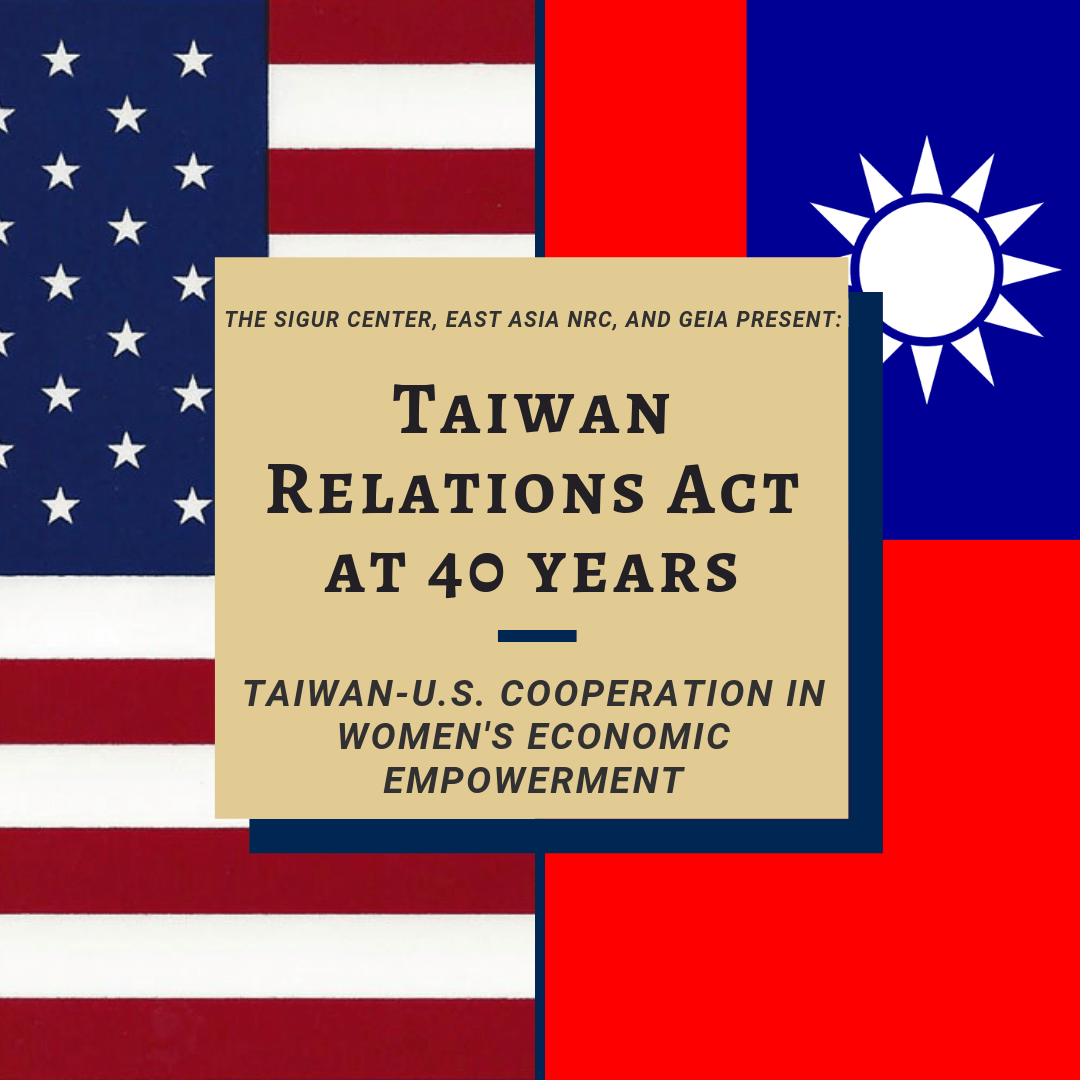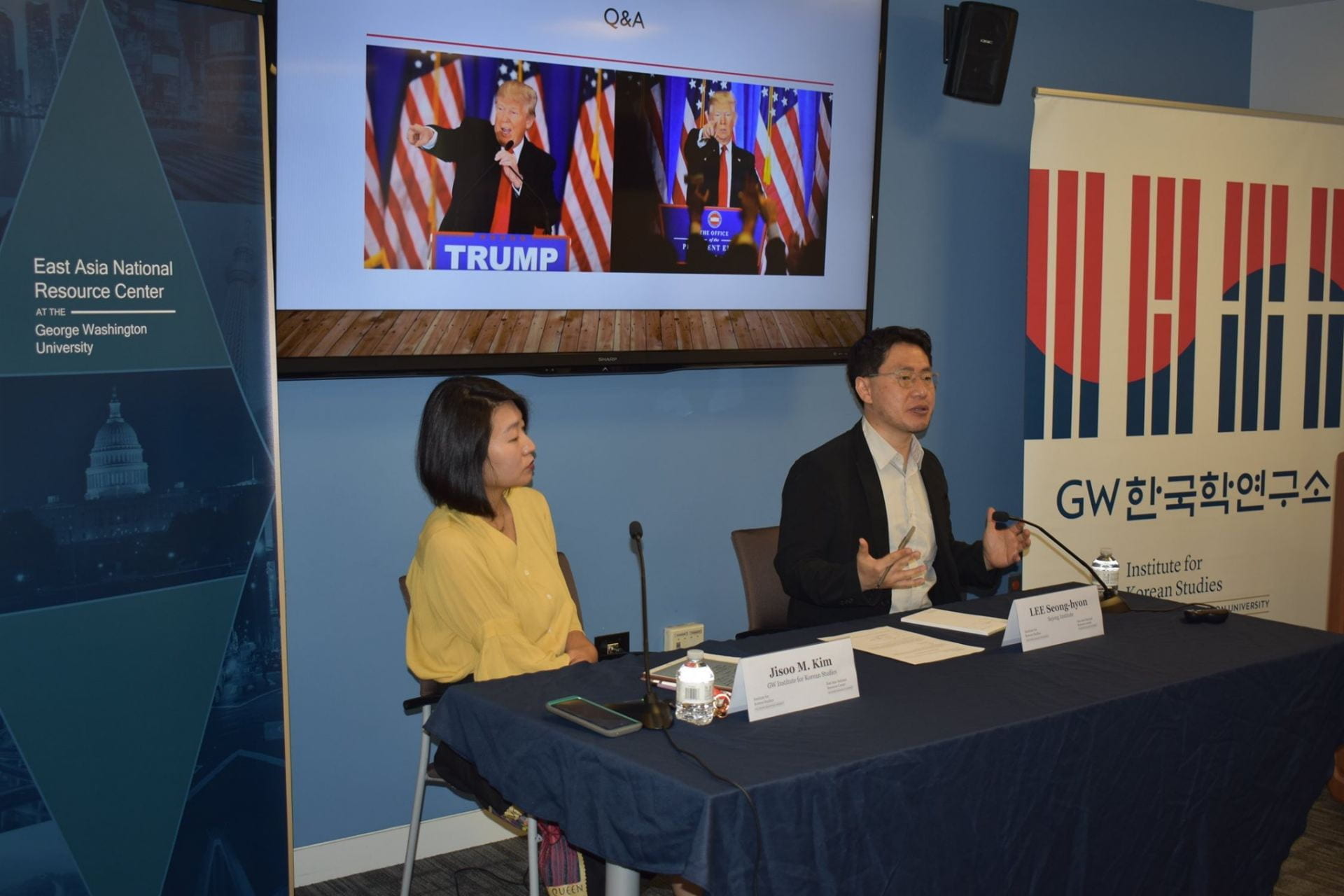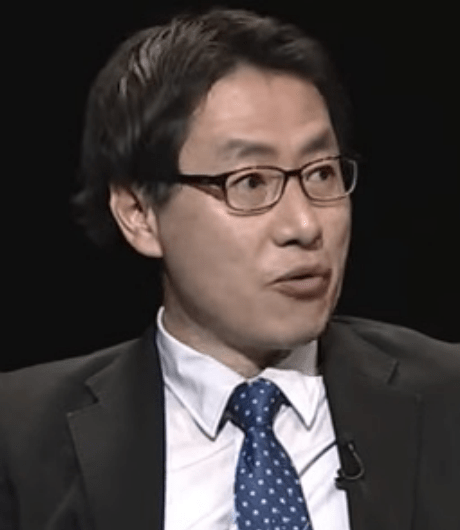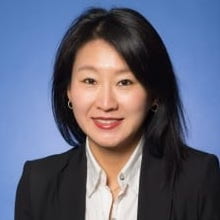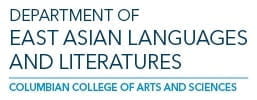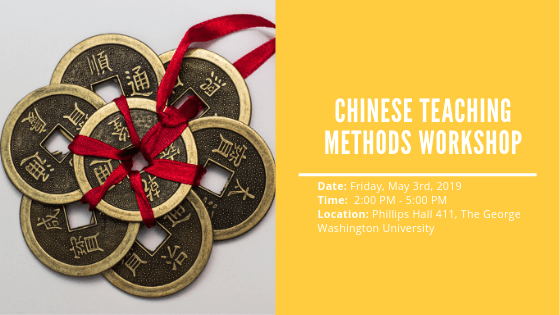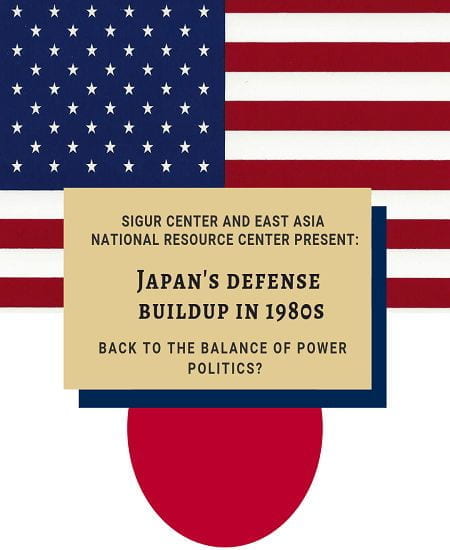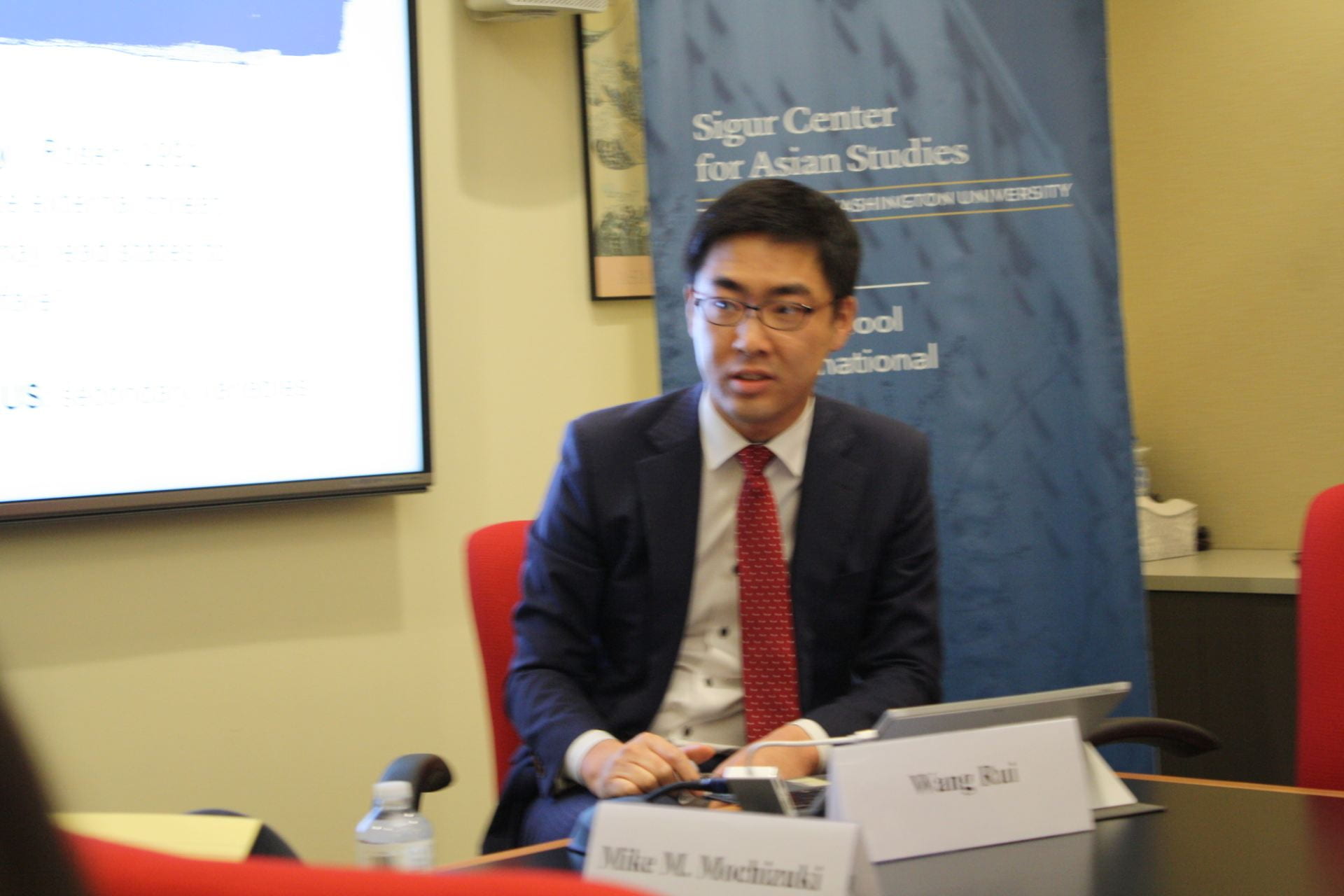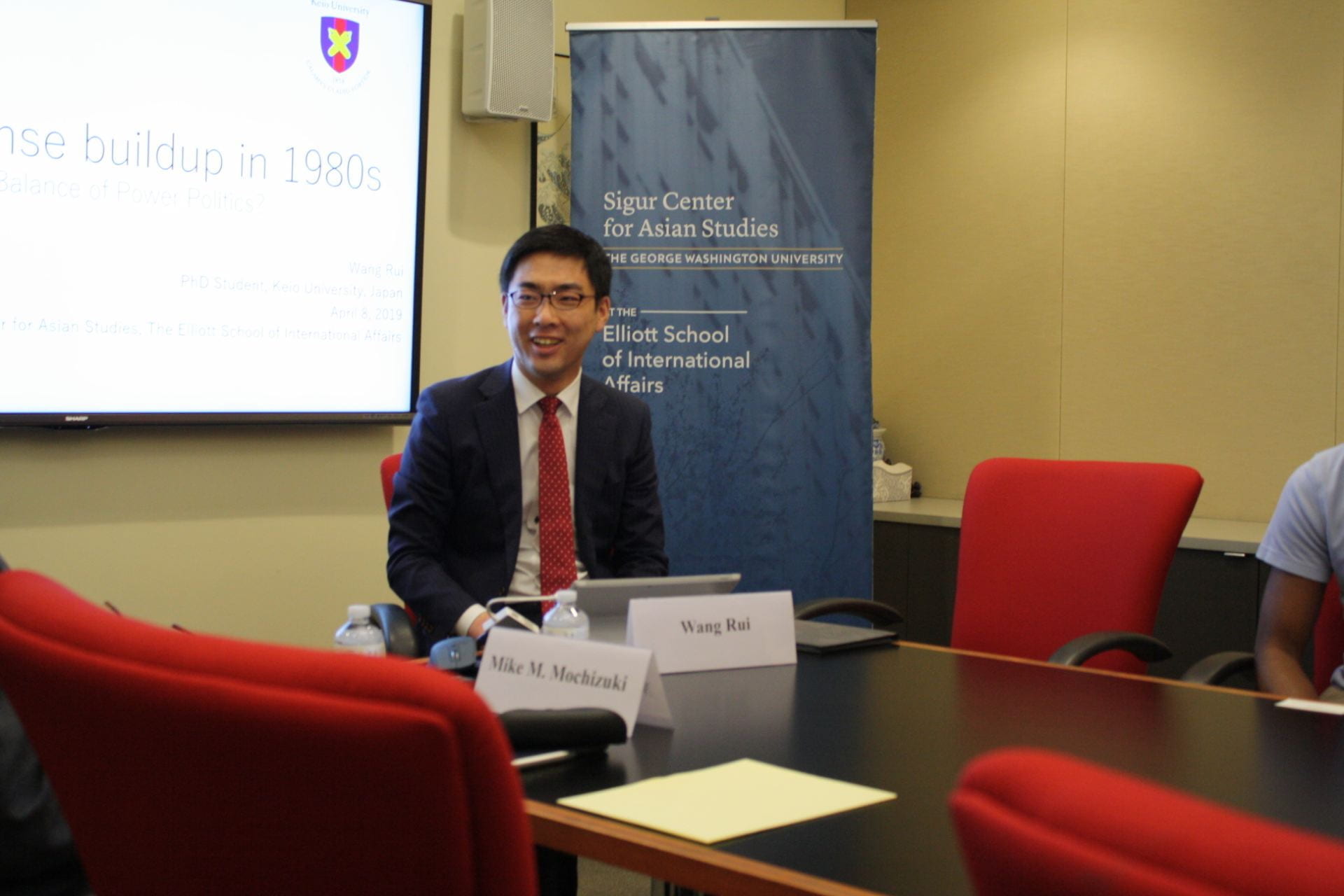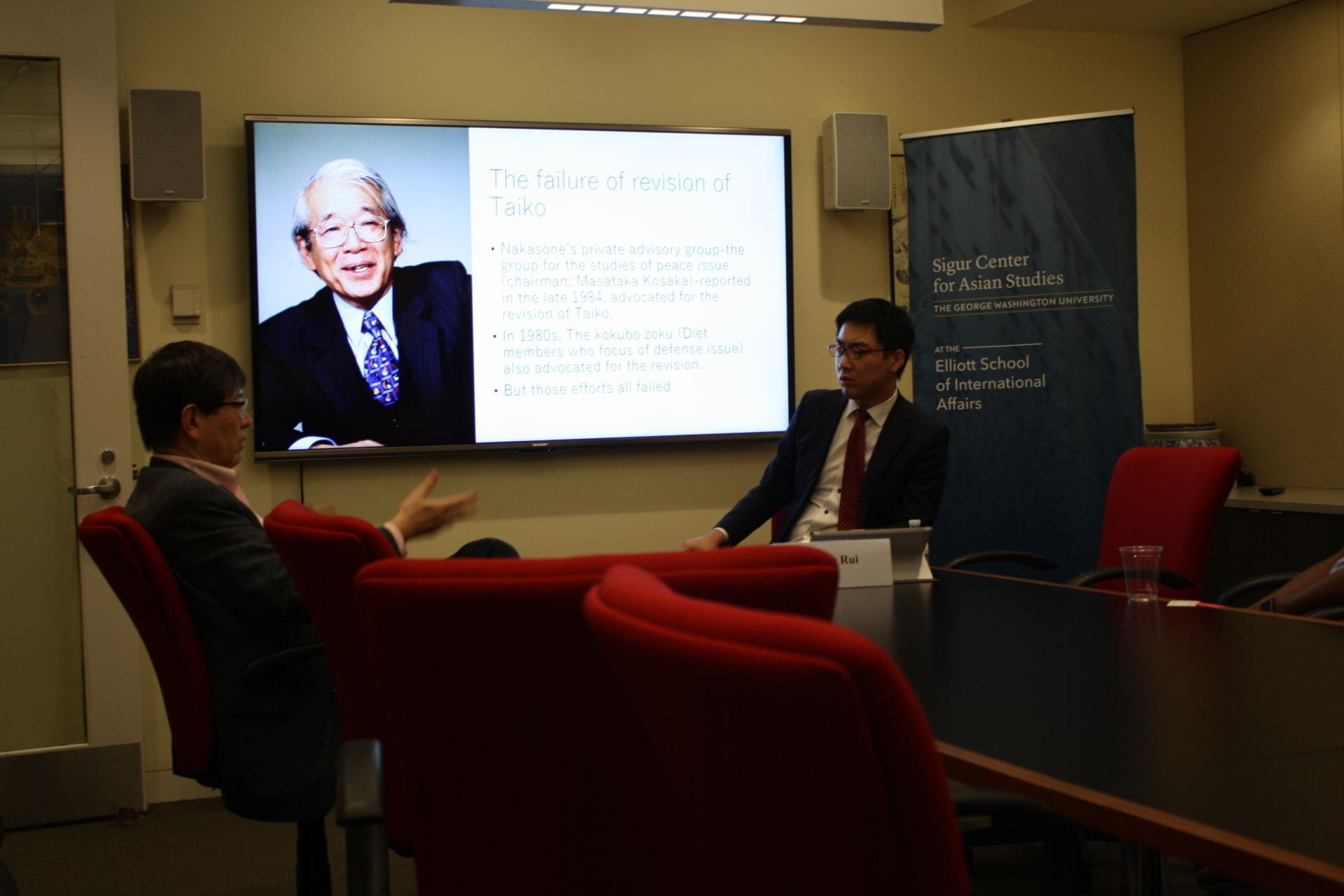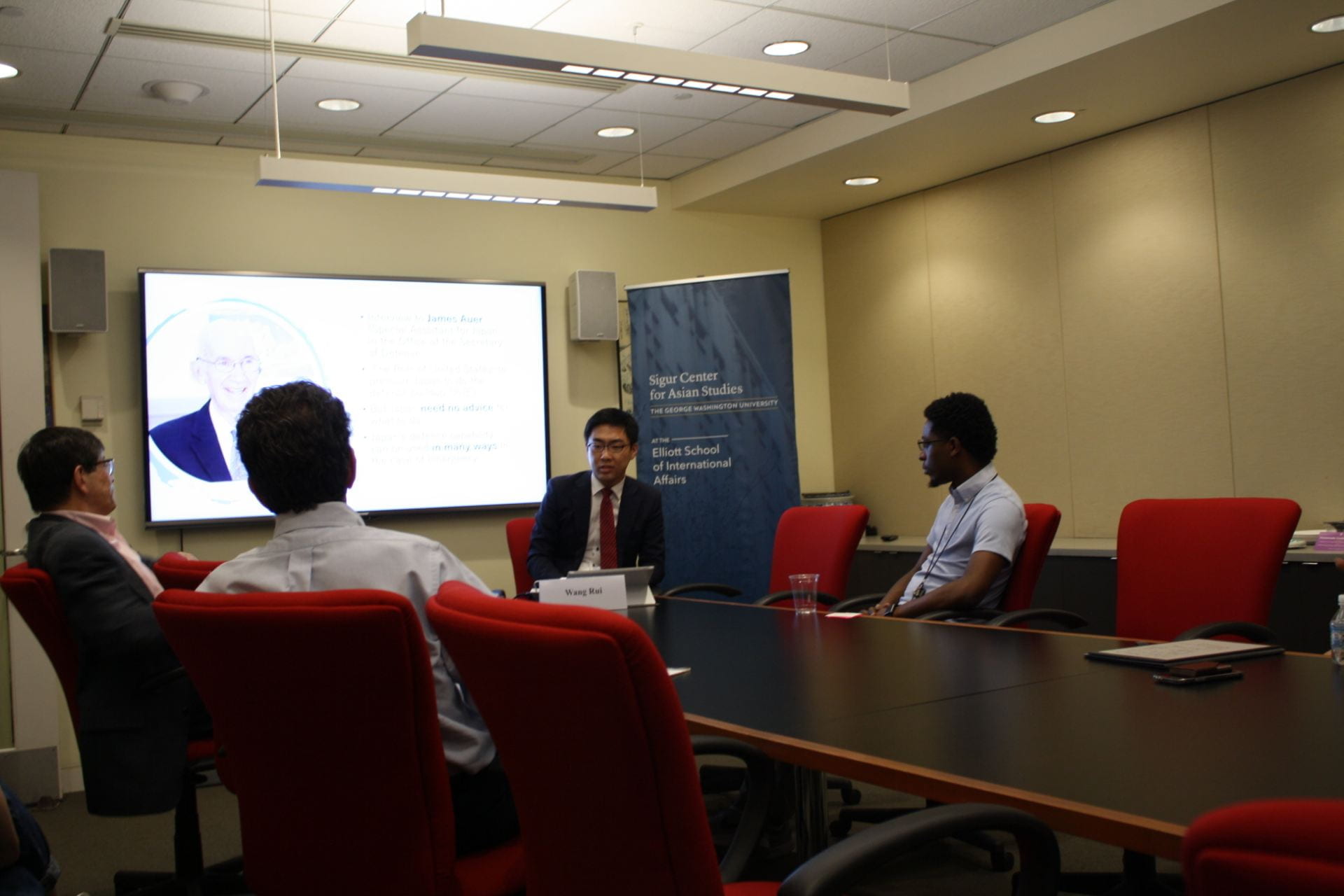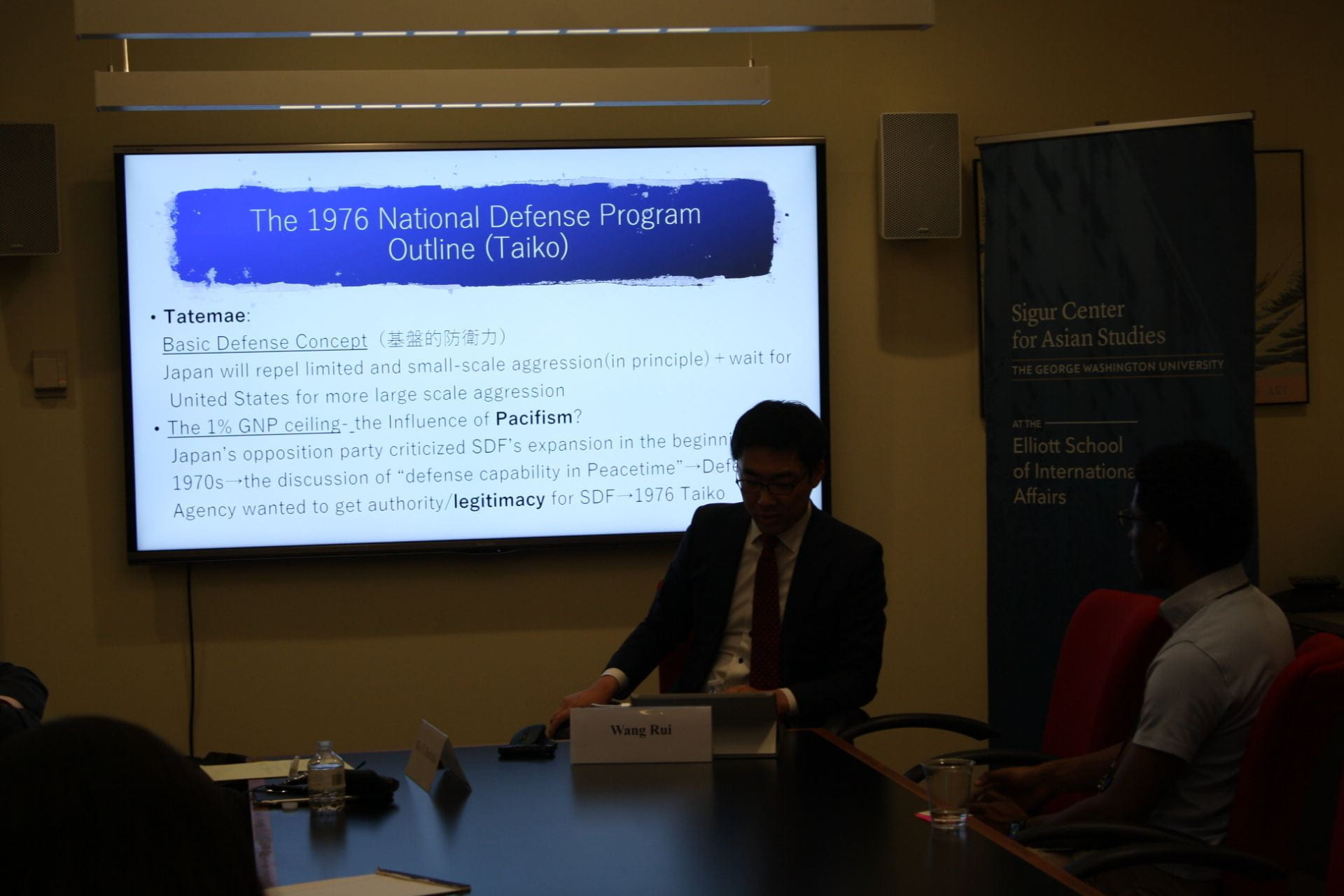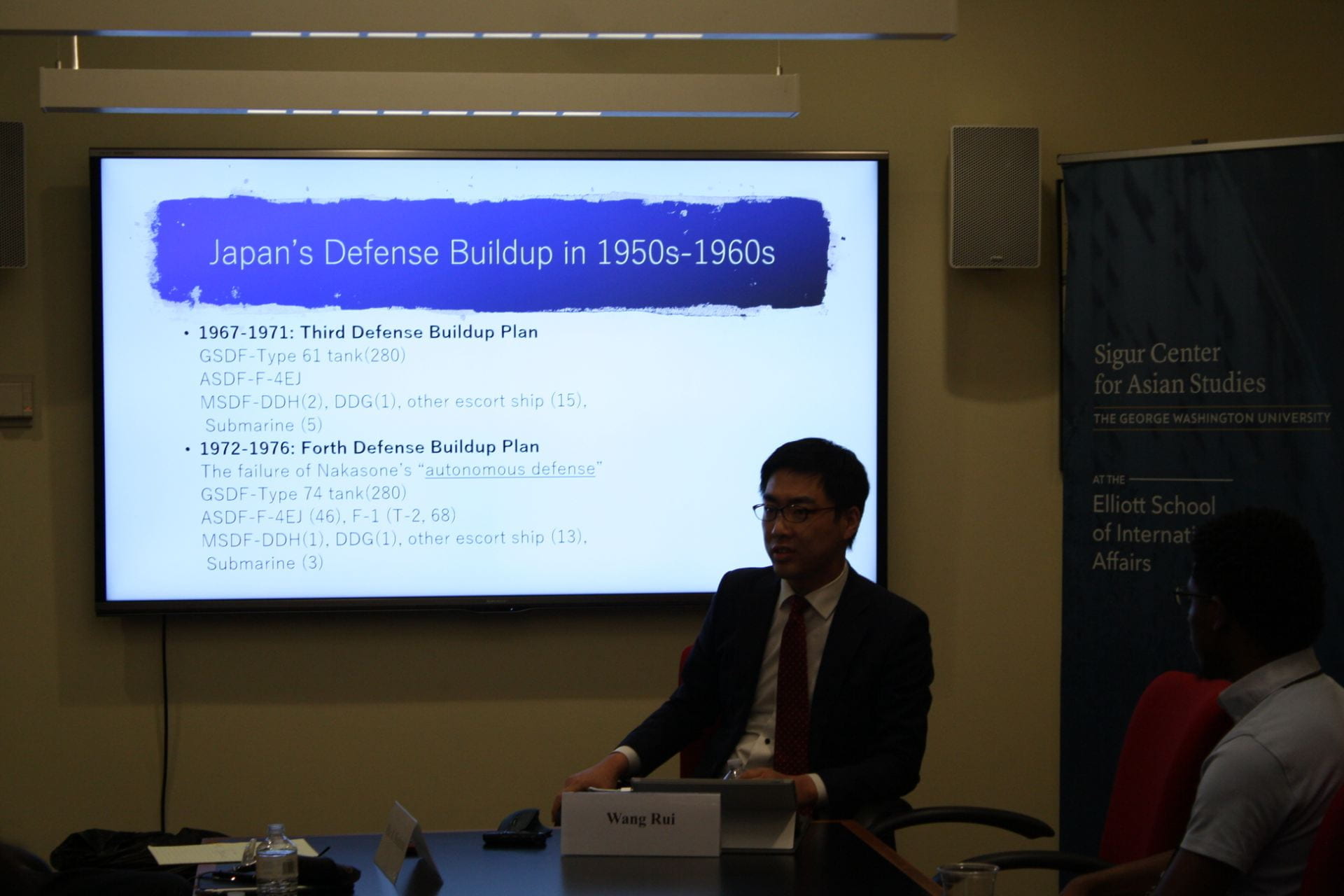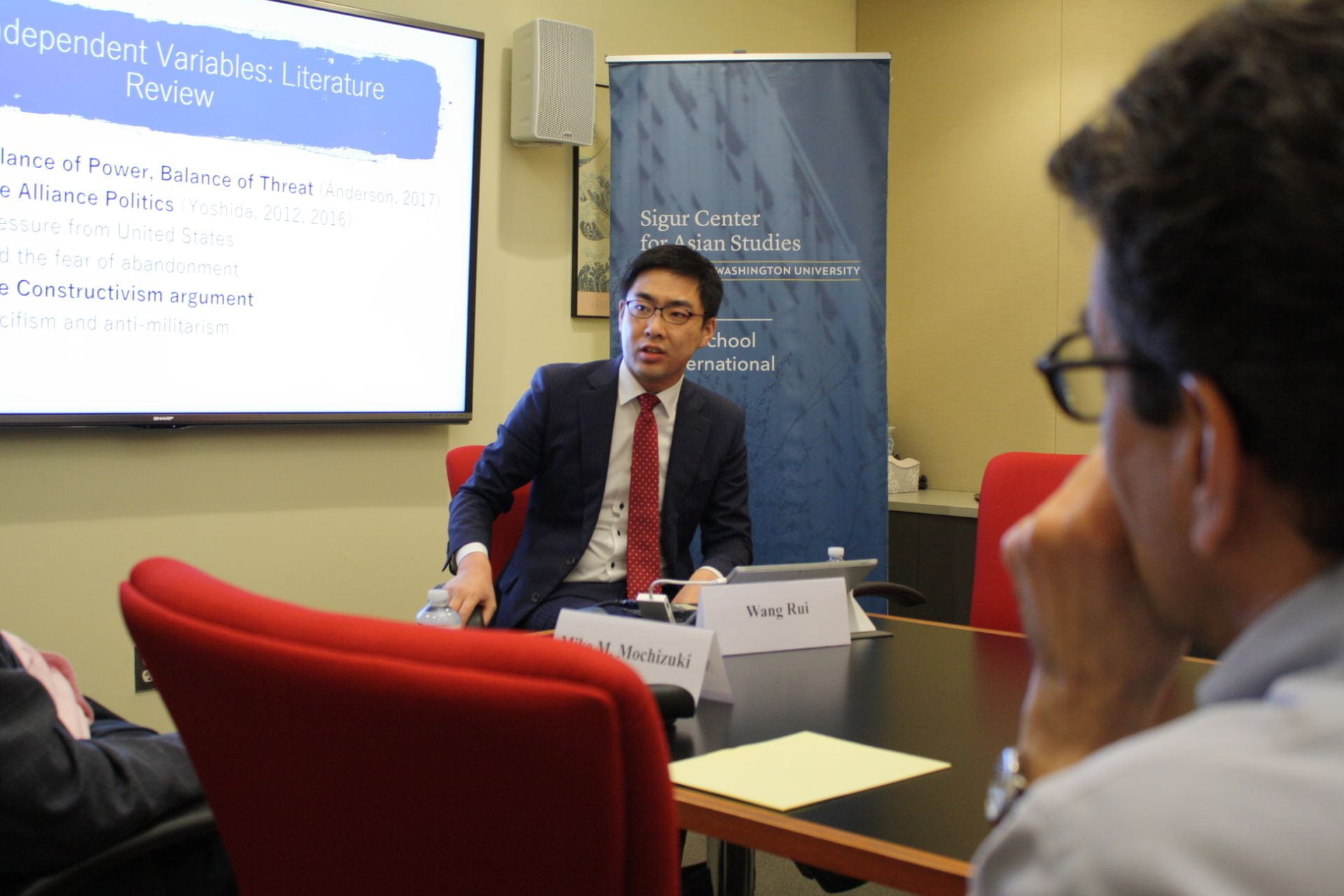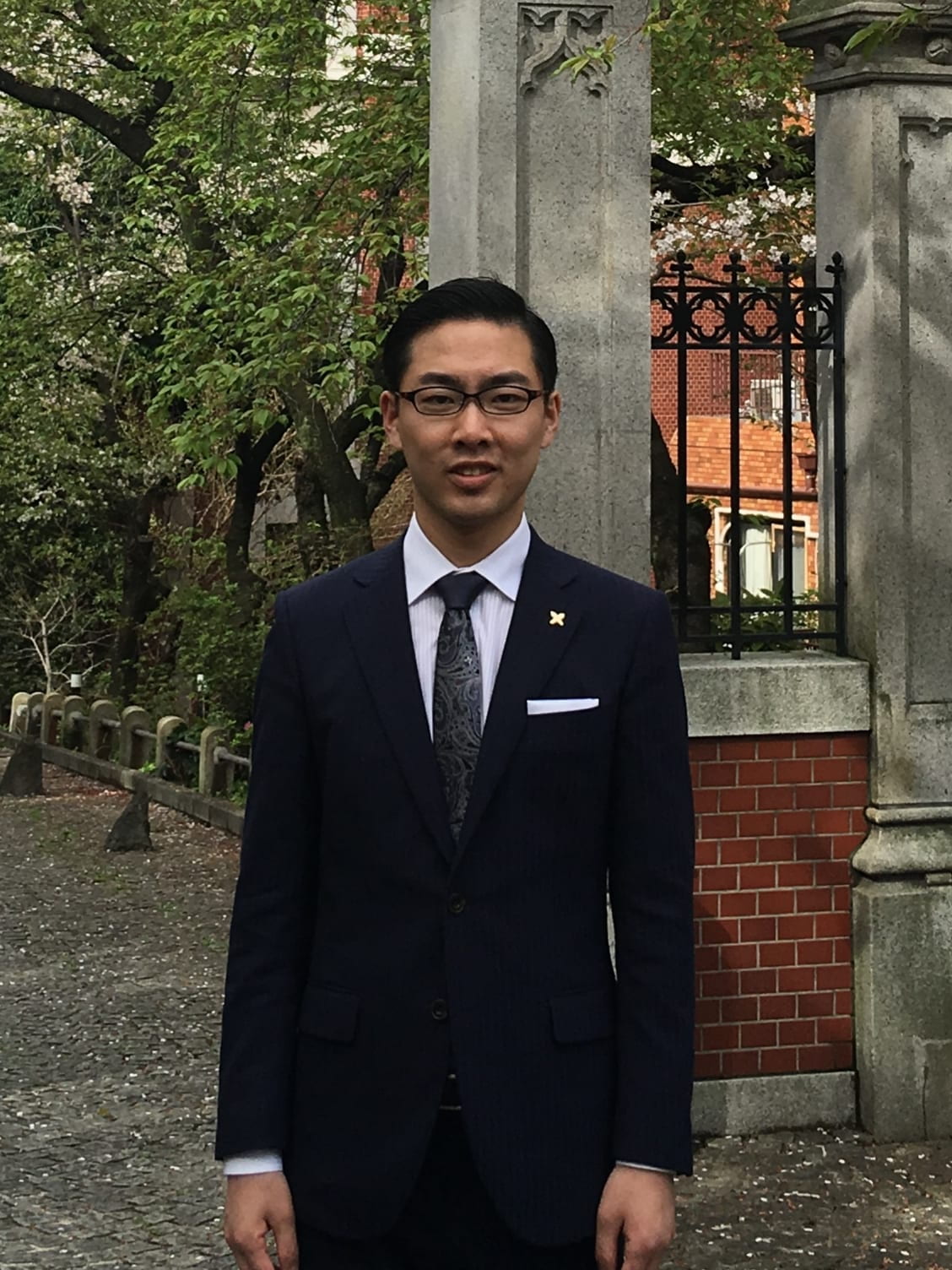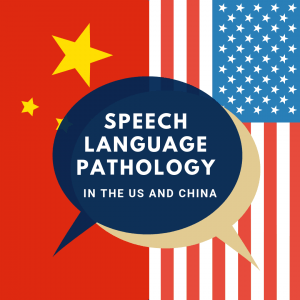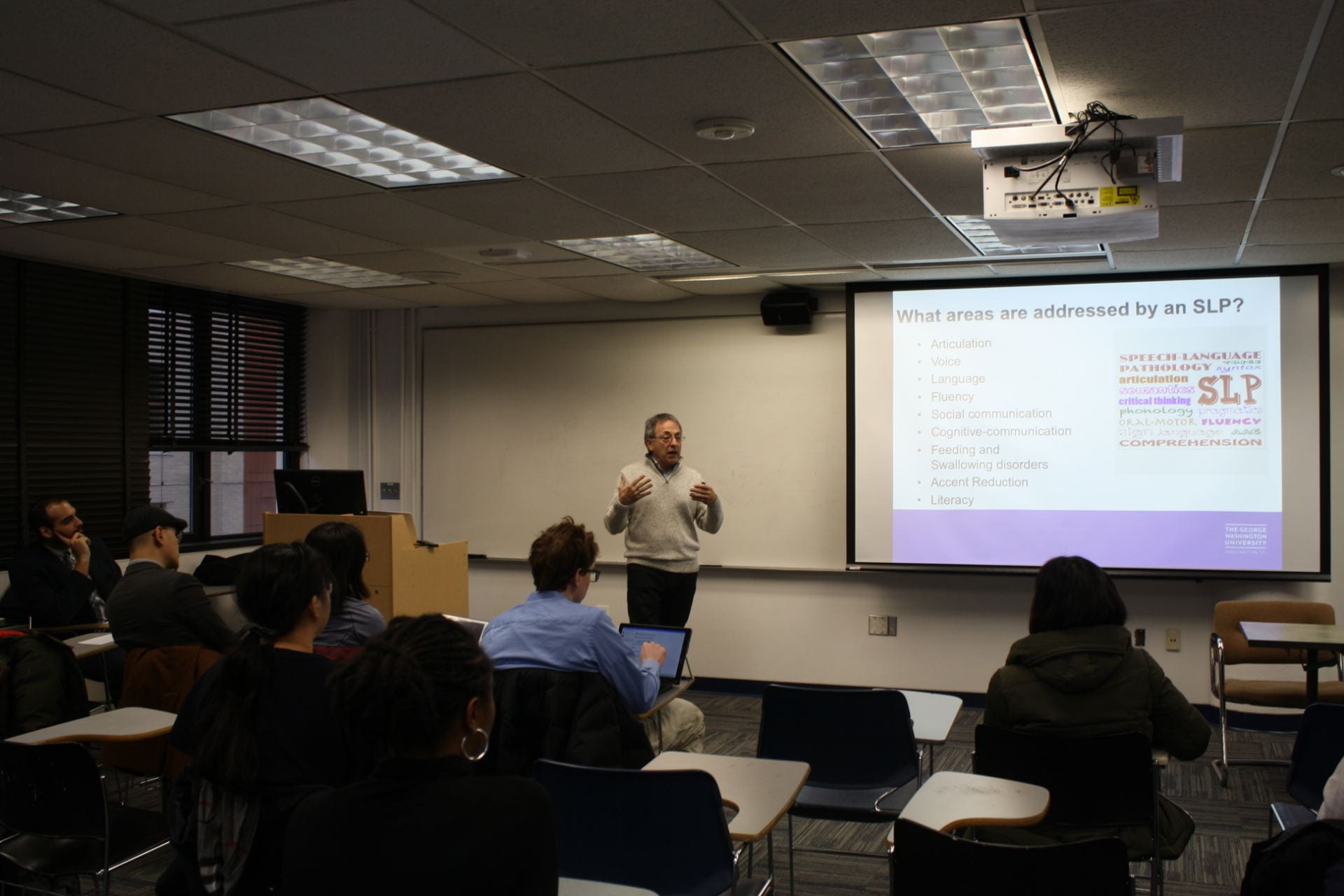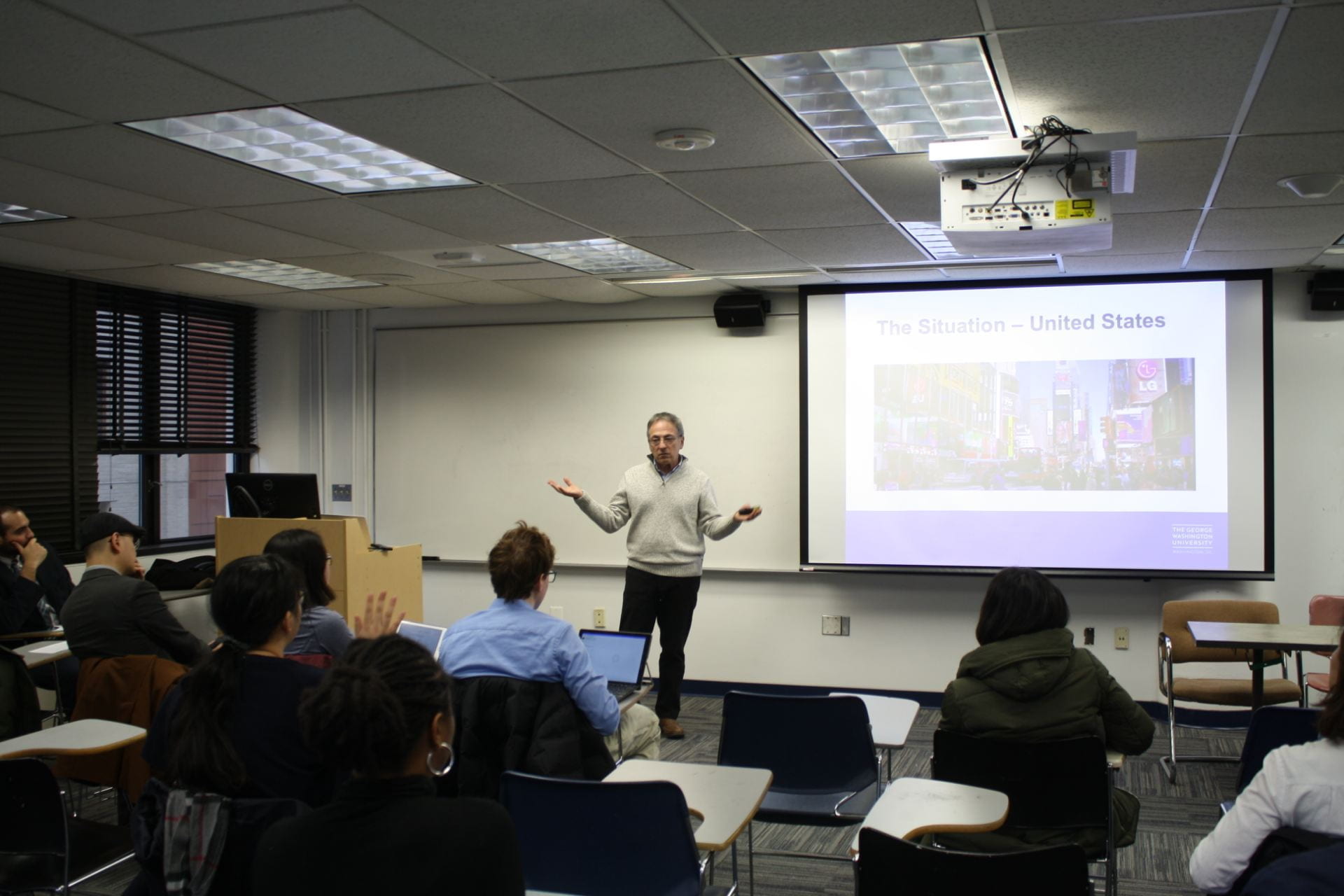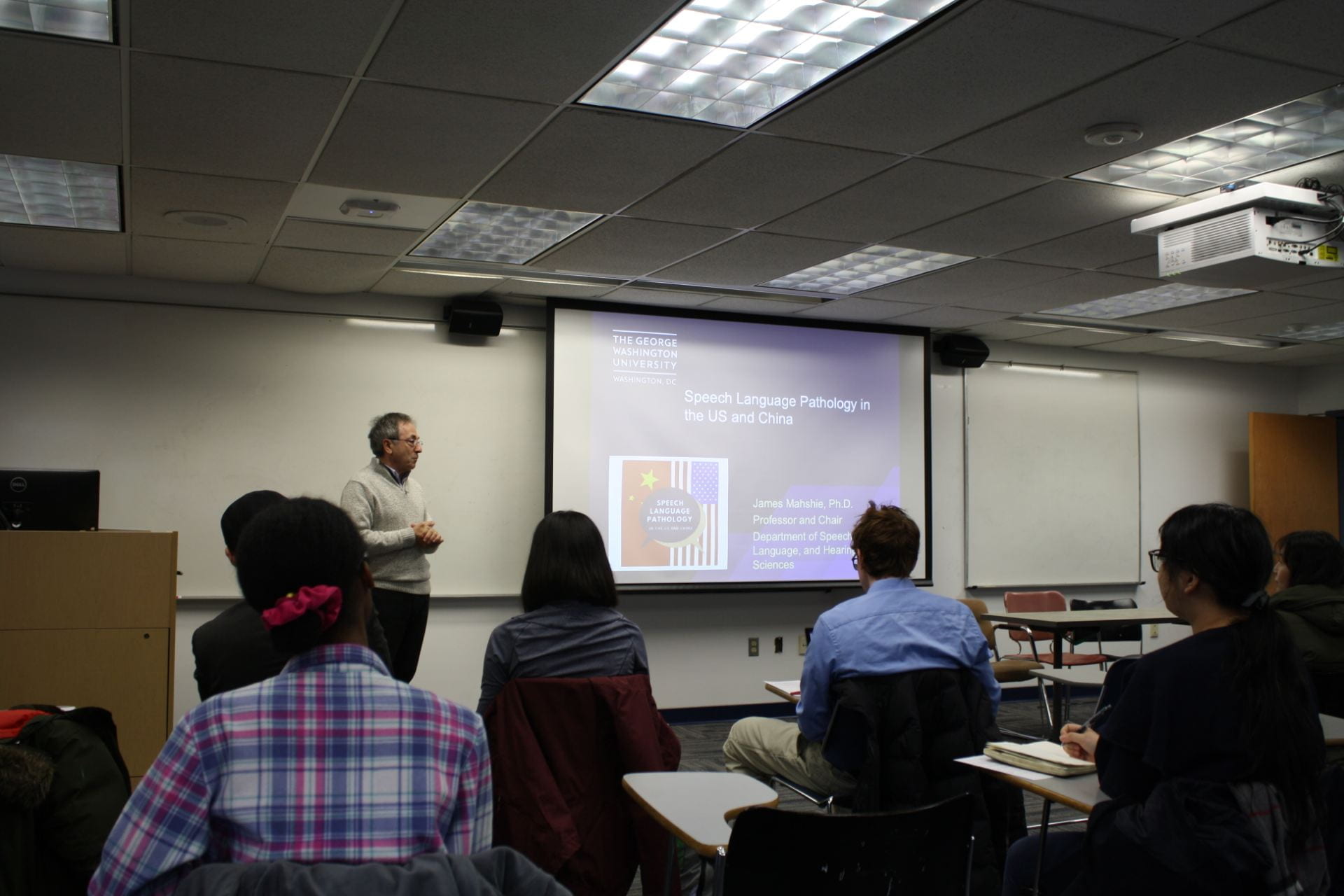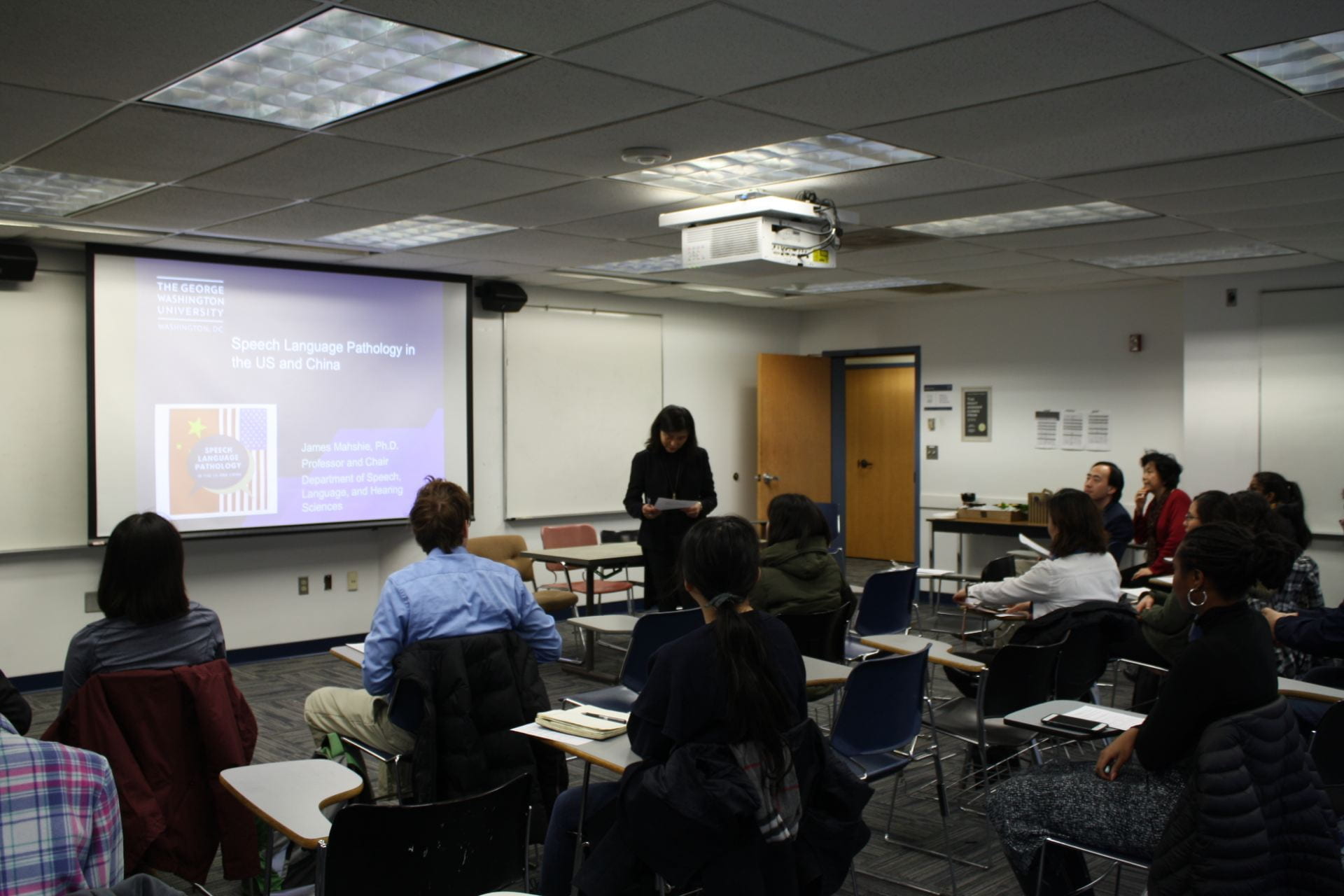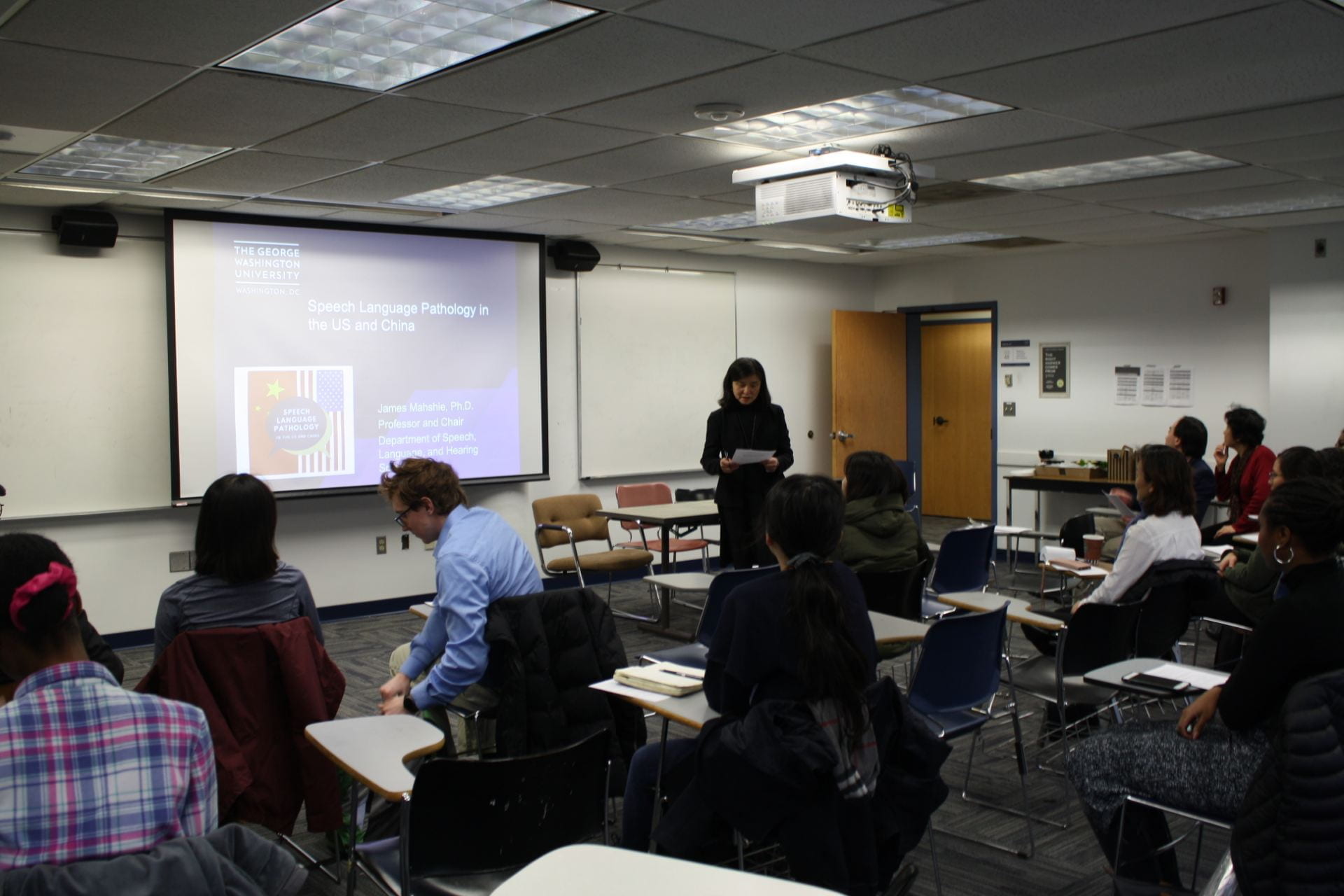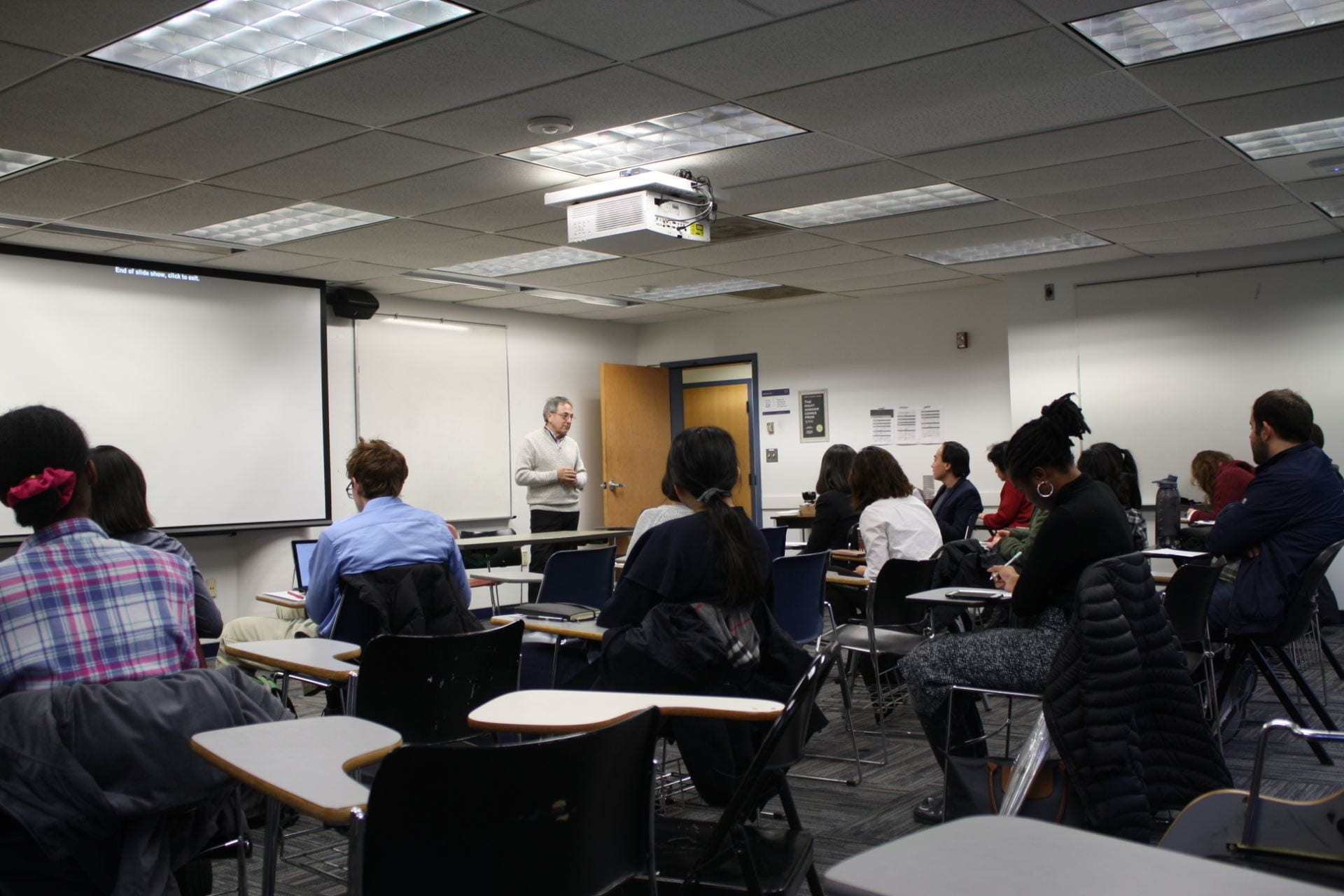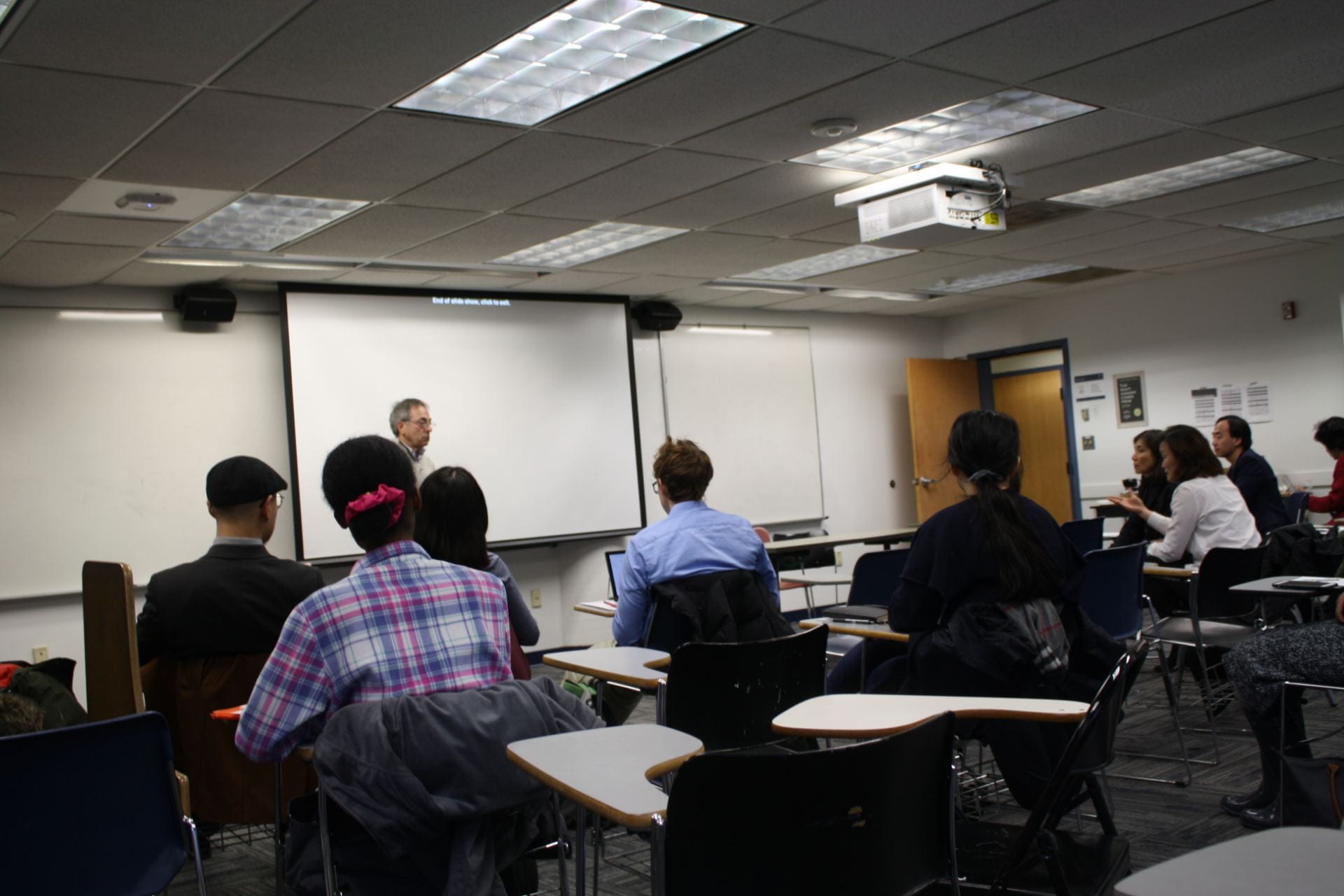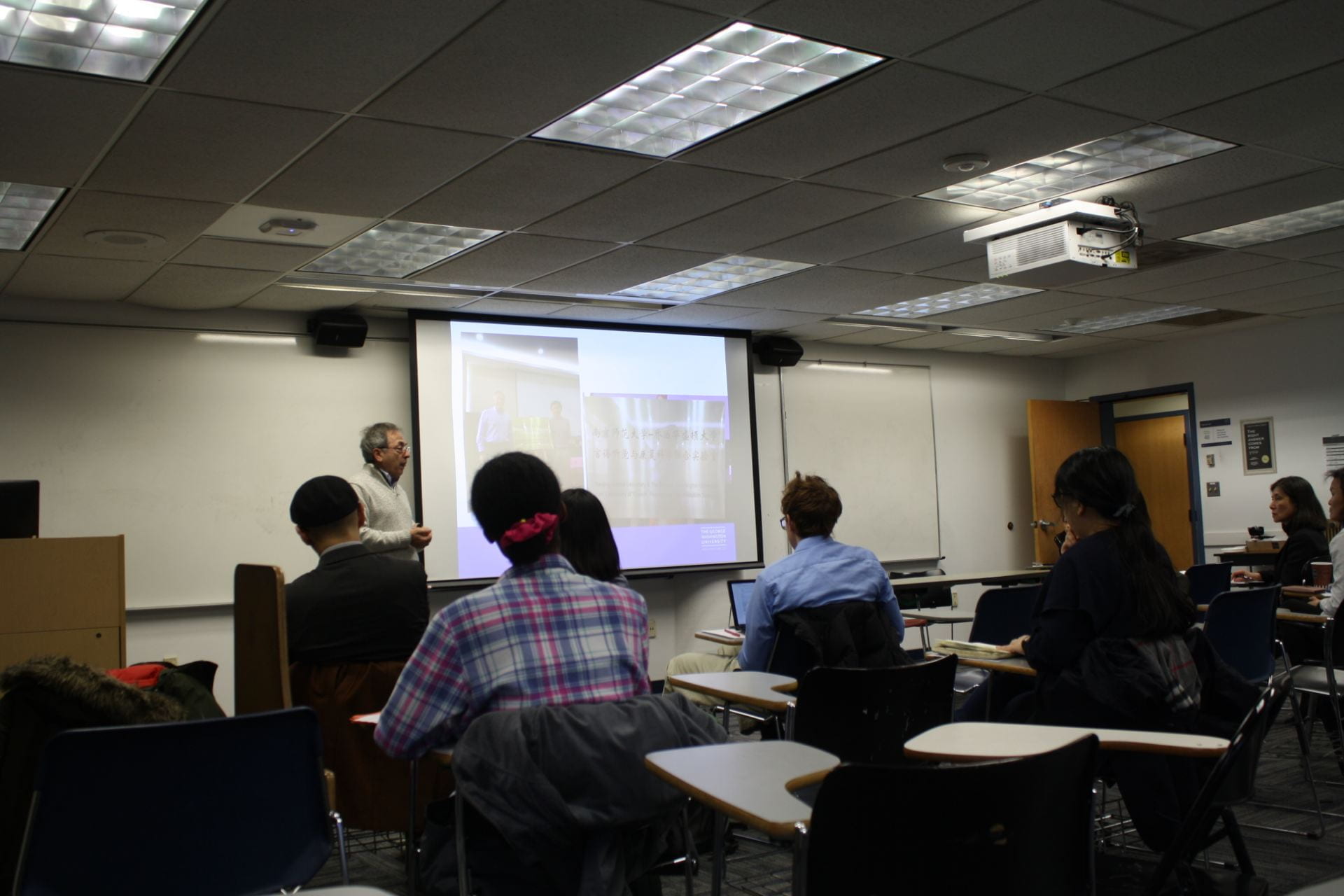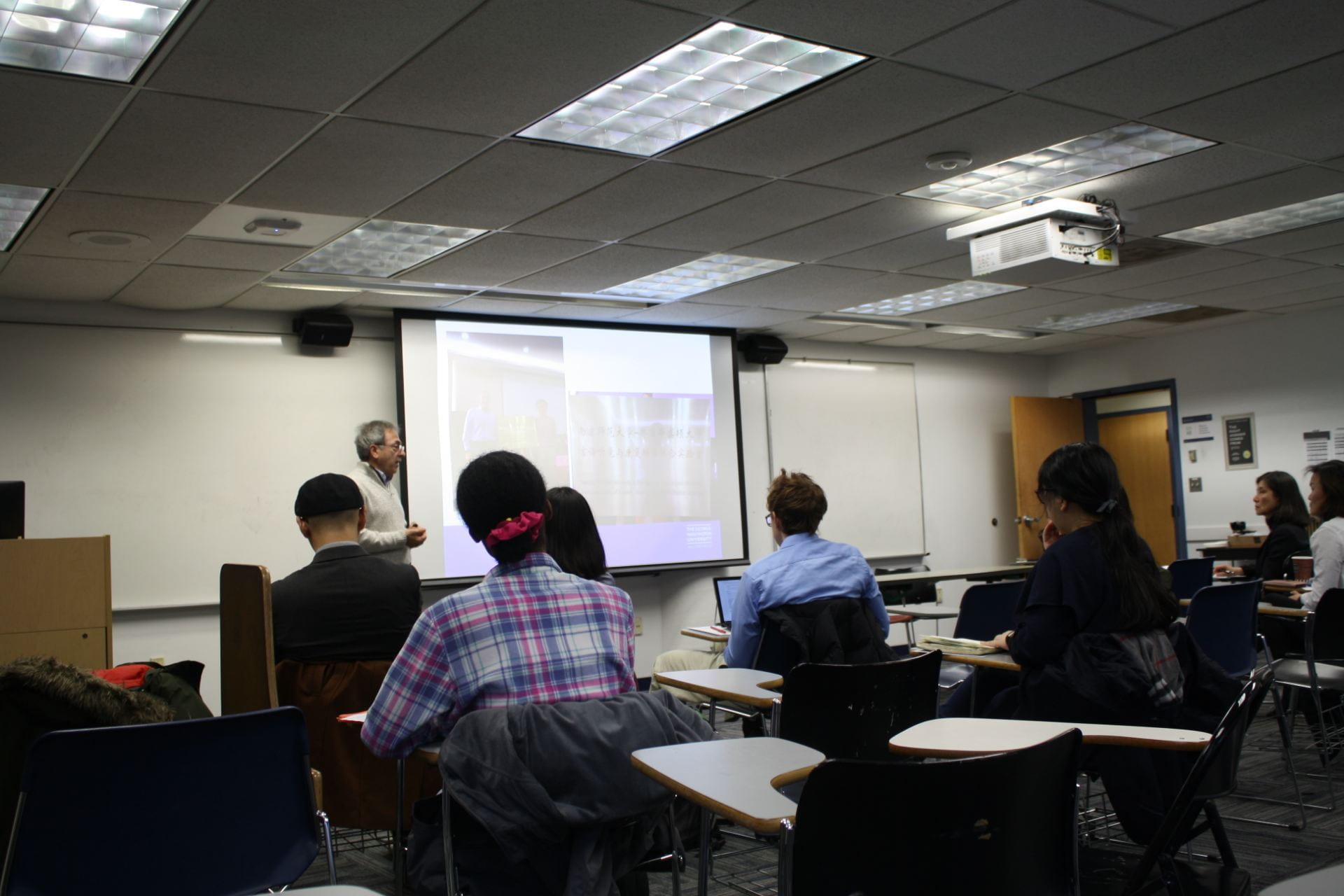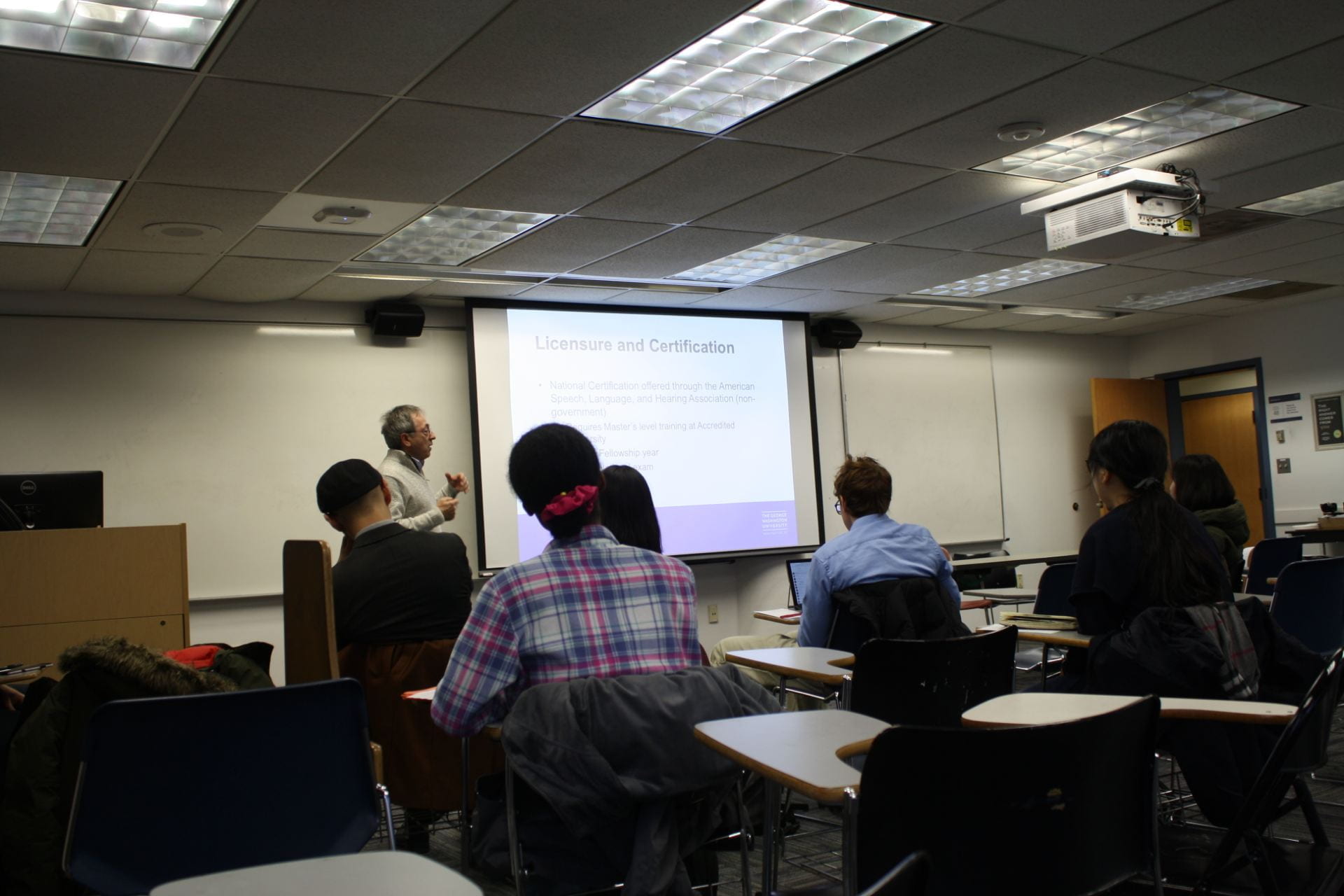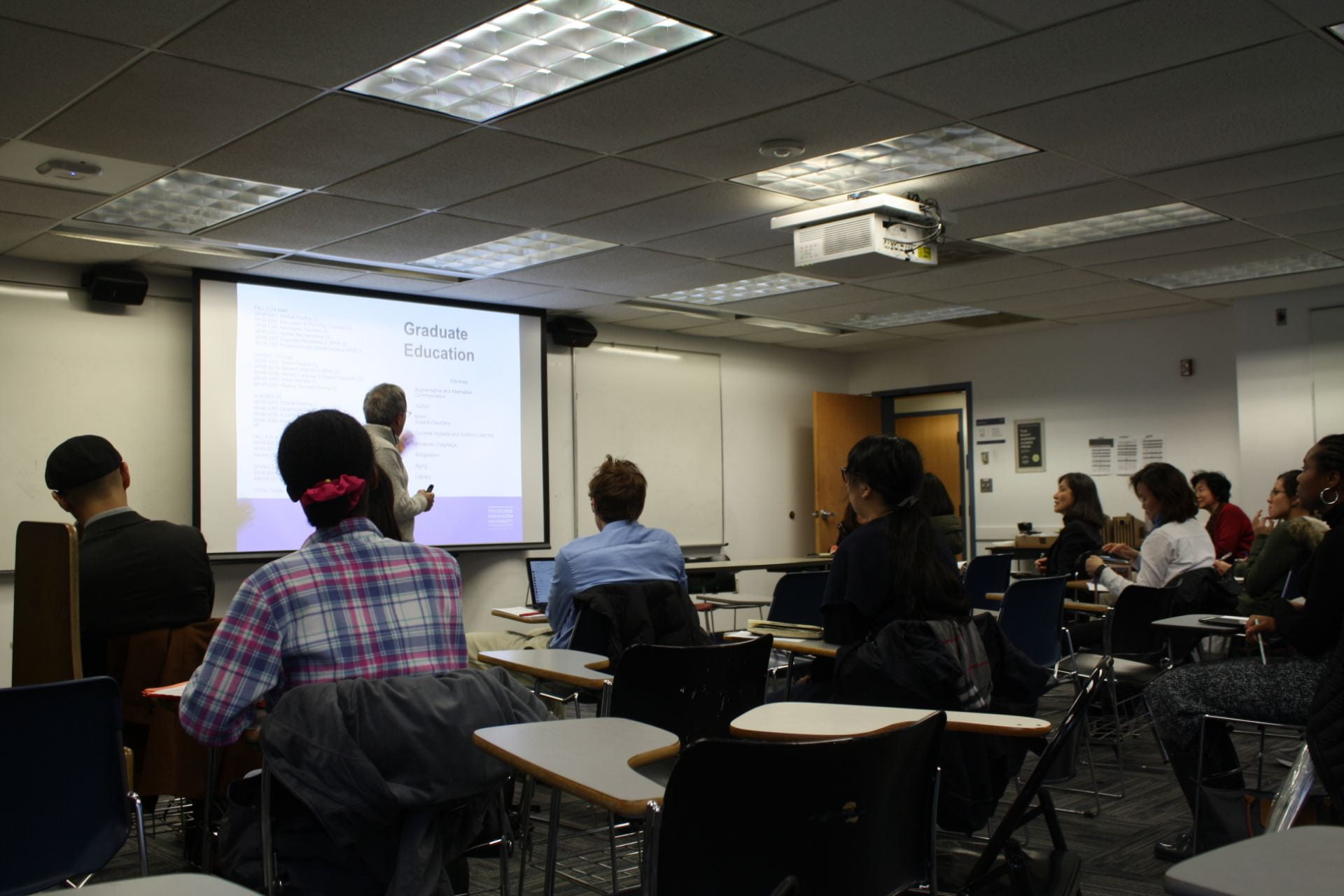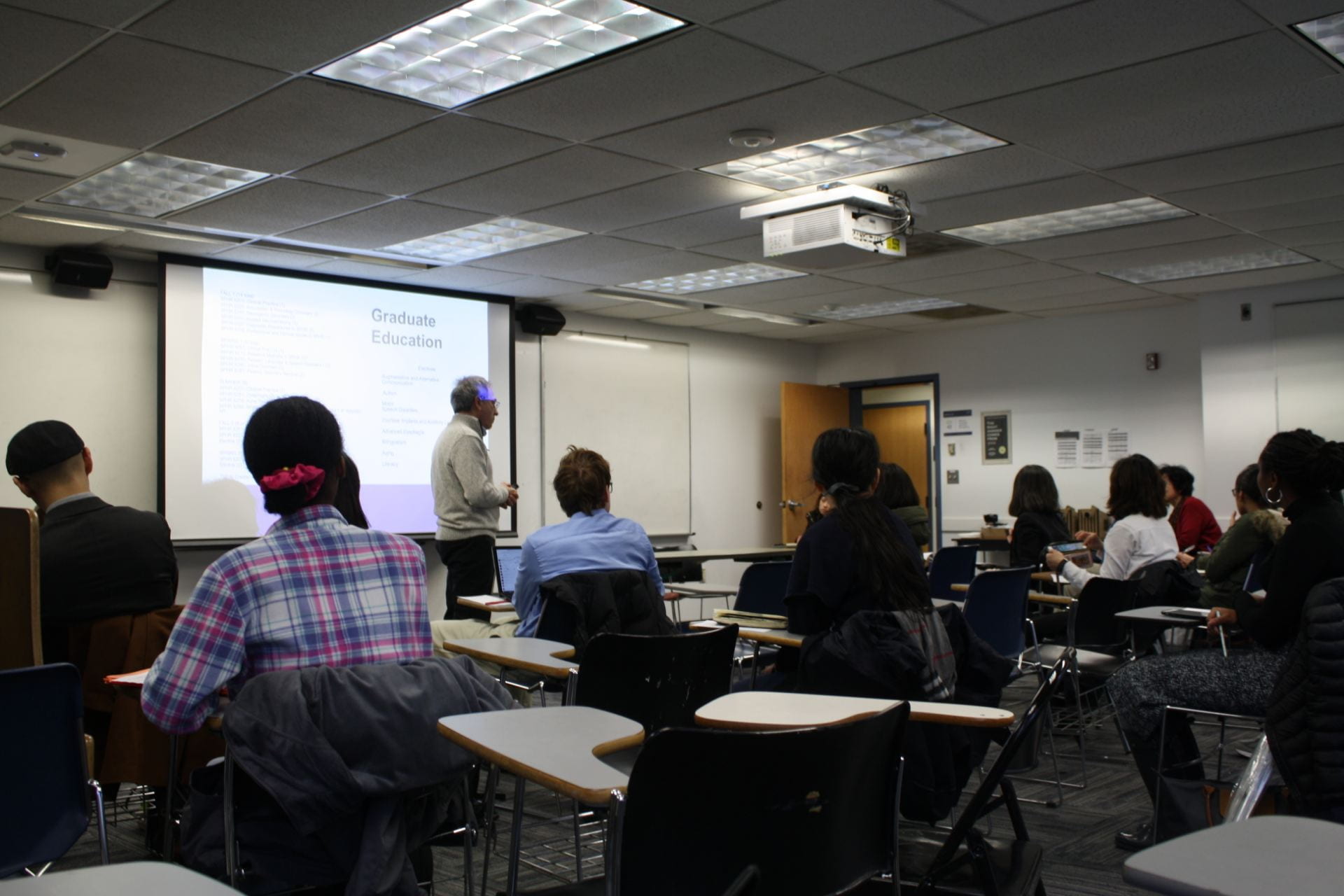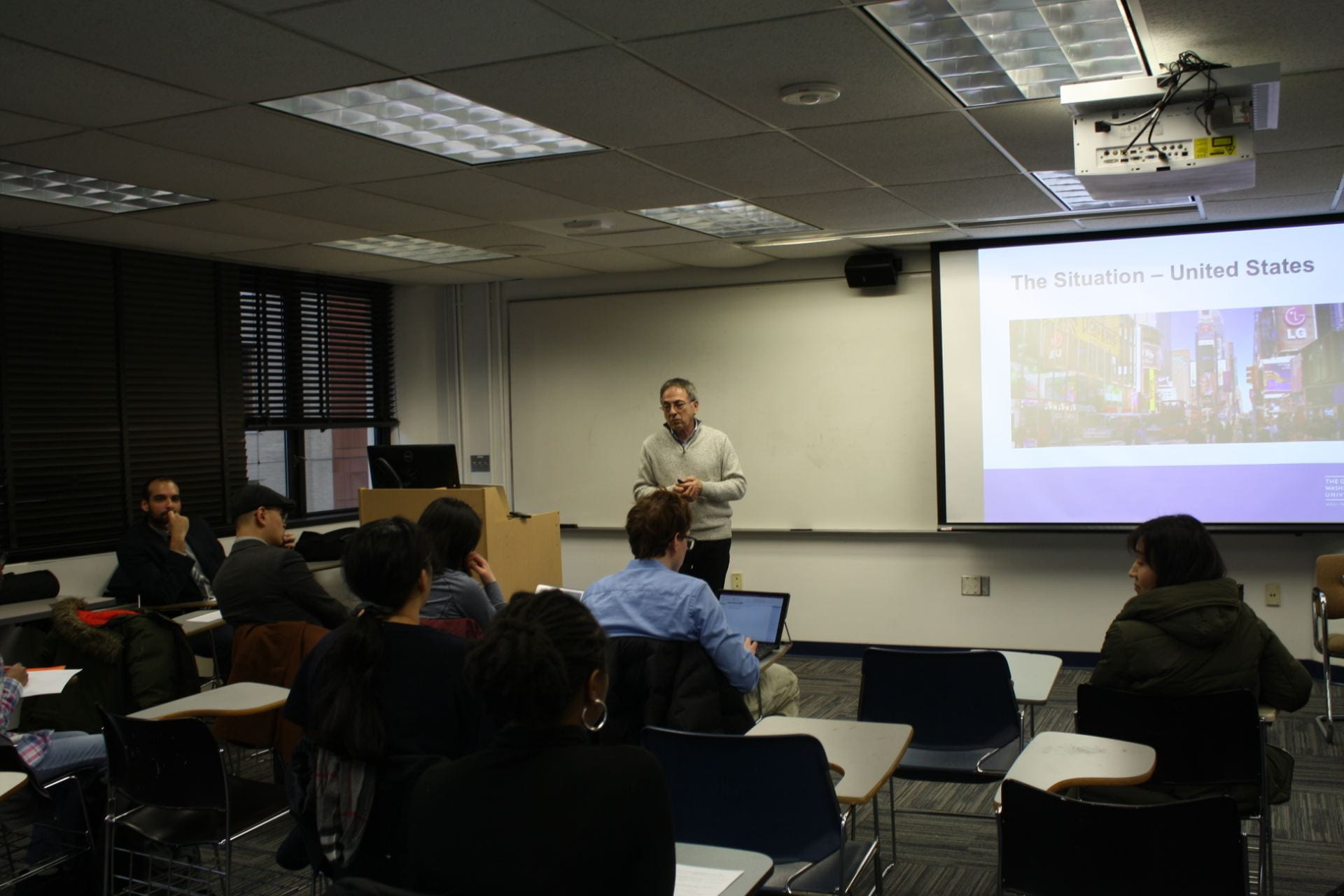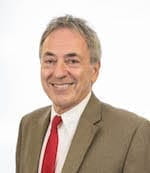
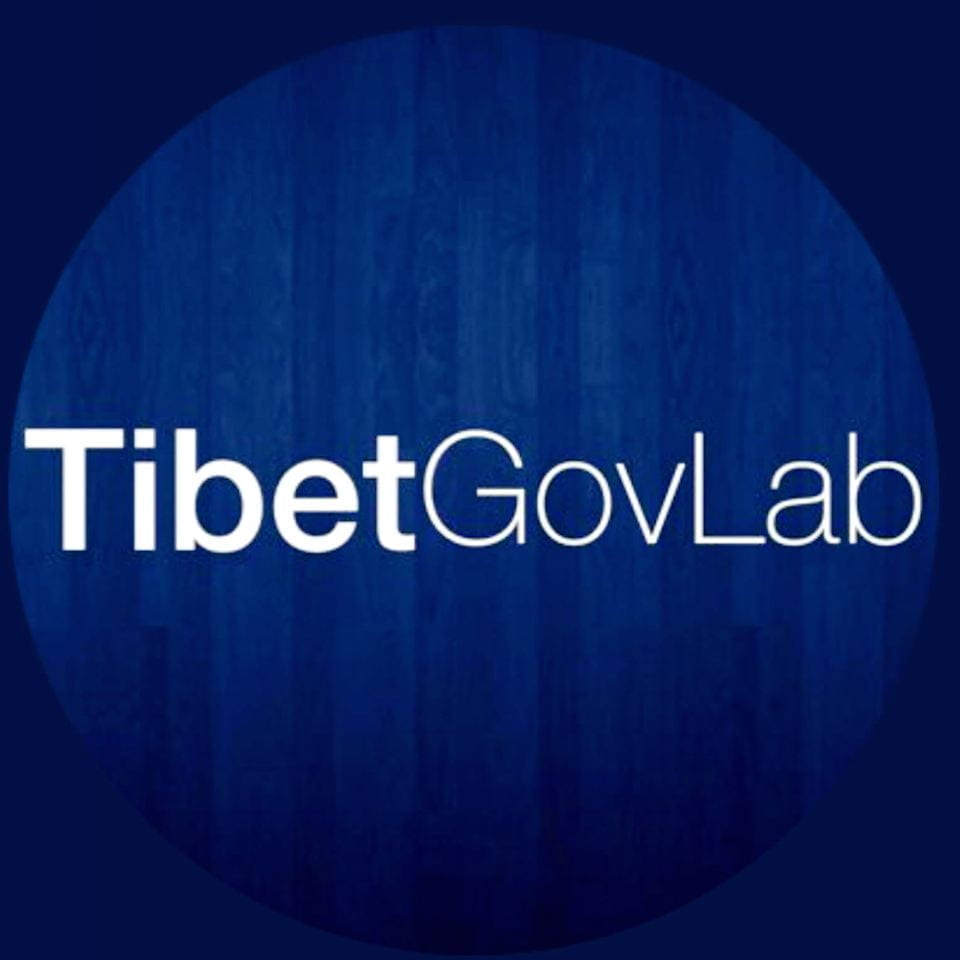
Current Issues in East Asia
“‘Mutuality of Being’: Bi-Dimensional Approach to Minzu Affairs in China”

Speakers
Naran Bilik
Changjang Distinguished Professor, Fudan University
Guabumjia
Associate Professor, Qinghai Minzu University
Date & Time
Wednesday, August 28, 2019
3:00 PM – 4:30 PM
Location
Chung-wen Shih Conference Room – Suite 503
Elliott School of International Affairs
1957 E Street, NW, Washington, DC 20052
Event Description
You are cordially invited to join The George Washington University’s East Asia National Resource Center (NRC) and the RIMS | Tibet GovLab for a special discussion on the topic of minority affairs within the Chinese state. This research is part of the China Asymmetric Governance Initiative (CAGI).
Moderator
Tashi Rabgey is a Research Professor of International Affairs at the Elliott School and director of the Tibet Governance Project at the Sigur Center for Asian Studies. She is currently developing as seed projects the Tibet Governance Lab (TibetGovLab) and the Research Initiative on Multi-Nation States (RIMS).
Professor Rabgey’s research focuses on governance, territoriality and the problems of contemporary statehood in the People’s Republic of China and in comparative context. Her interdisciplinary work draws on her fields of political and legal anthropology, international legal theory, contemporary Tibetan studies and comparative Chinese law.


